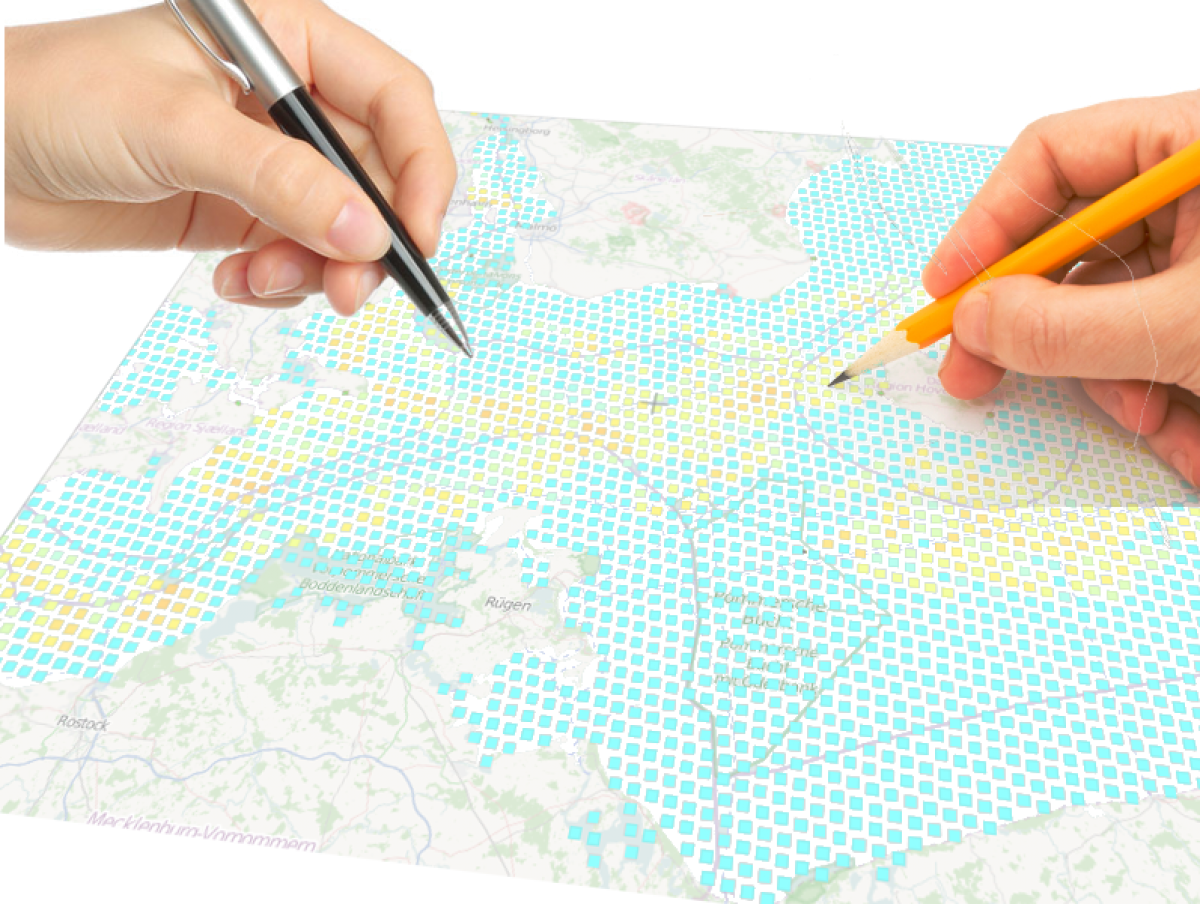Lessons learnt developed in https://doi.org/10.1016/j.ocecoaman.2020.105456 along with an HCMR-DTU-Aqua cooperation for a simulation study:
We study the cost-benefits of fisheries management options in Ionian Sea.
We use a dynamic spatial bio-economic model taking into account the fishing effort displacement effect.
An effort control benefits the stocks and the economy, but unwanted catch is higher along with the recovery of stocks.
Space-time closures and selectivity improvements slightly reduce the unwanted catch and can help mitigating the problem of unwanted catch.
Placing new aquaculture sites has not affected the profit of small-scale fishery.

Francois Bastardie is a DTU-Aqua Senior Scientist and method developer in the Section of Ecosystem-based Marine Management with a Ph.D. in Biological Science. He has been involved in several national and EU Funded projects developing expertise in spatial fisheries and fisheries databases. He has a strong background in modeling fishing and the bio-economic dynamics including developing agent-based models for combining marine ecosystems and natural resource extraction models, fisheries economics in a mixed fisheries perspective. He has an experience of 10 years leading to more than 35 peer-reviewed publications by conducting scientific-based fisheries management evaluation with scenario-testing evaluation and simulations, including fleet dynamics and consequences on the economy of fisheries, population dynamics and fish stock assessment. He was in charge of the evaluation of some of the EU long-term fisheries management plans with consequent participation to ICES and STECF working groups, including giving advise from regional to international policy makers.

Author: Francois Bastardie
Francois Bastardie is a DTU-Aqua Senior Scientist and method developer in the Section of Ecosystem-based Marine Management with a Ph.D. in Biological Science. He has been involved in several national and EU Funded projects developing expertise in spatial fisheries and fisheries databases. He has a strong background in modeling fishing and the bio-economic dynamics including developing agent-based models for combining marine ecosystems and natural resource extraction models, fisheries economics in a mixed fisheries perspective. He has an experience of 10 years leading to more than 35 peer-reviewed publications by conducting scientific-based fisheries management evaluation with scenario-testing evaluation and simulations, including fleet dynamics and consequences on the economy of fisheries, population dynamics and fish stock assessment. He was in charge of the evaluation of some of the EU long-term fisheries management plans with consequent participation to ICES and STECF working groups, including giving advise from regional to international policy makers.
View all posts by Francois Bastardie

